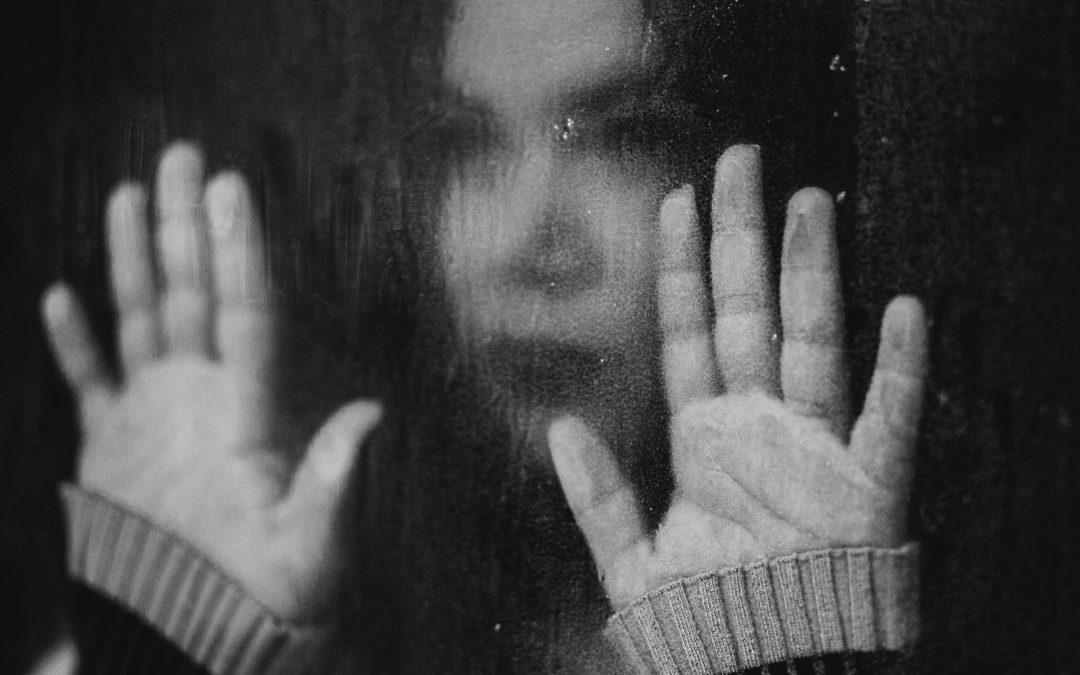Approximately 9.5% percent of U.S. adults suffer from depression each year.
Of these, 1 in 4 also struggles with substance abuse, which means millions of people nationwide are at once wrestling these two terrible demons. Mental health disorders and addiction are comorbid, which means addressing one often also requires addressing the other. Thus, treatments for addiction overlap with many treatments for depression. Understanding how these two afflictions interact is key to finding an effective treatment plan.
Depression and Addiction: A Vicious Cycle
Nearly 10 million adults nationwide have a dual diagnosis of a substance abuse disorder and a mental illness. The Mayo Clinic reports that people with depression are more likely to use drugs or alcohol to cope with their emotional pain. Alcohol and depressant drugs, in turn, increase feelings of sadness and fatigue, which may then grow worse as the impacts of addiction are felt. The two work in concert, each driving and deepening the other.
Common drugs that people with depression abuse include alcohol (most frequent), marijuana, MDMA, amphetamines, cocaine, prescription pills, and others. These substances release feel-good neurotransmitters in the brain that numb unpleasant emotions and release feelings of euphoria. The effects are short-lived, however, and as substance dependence develops, their depressed moods often worsen.
Furthermore, substance abuse may enhance existing brain chemical disruptions, also serving to deepen a person’s depression.
Breaking this cycle requires treating both conditions simultaneously.
Treatment for Addiction and Depression
There is no “standard” or magic bullet treatment for addiction and depression. Rather, sufferers may need to experiment with a range of interventions before discovering which works best for them. Often, a combination of treatments proves most effective.
Common treatments for depression include:
- Antidepressant medications
- Cognitive Behavioral Therapy (CBT)
- Interpersonal Therapy (IPT)
- Electroconvulsive Therapy (ECT)
- Ketamine therapy
Common treatments for addiction include:
- Medication
- Addiction therapy
- Cognitive Behavioral Therapy (CBT)
- Rational Emotive Behavior Therapy (REBT)
- Medically Assisted Detoxification
Unsurprisingly, there is a lot of overlap between these two lists. Treatments for addiction and depression go hand-in-hand, after all. This is crucial, as, due to their comorbid nature, if one goes untreated, treatment for the other often fails.
Ketamine Infusion Therapy for Addiction and Depression
Ketamine infusion therapy has revolutionized treatment for depression. Previously, nearly one-third of those with depression struggled to find relief from any sort of treatment. Now, thanks to the intervention of ketamine, many in that group have achieved complete and lasting recovery.
Recent research indicates that ketamine infusion therapy serves as an effective treatment for substance abuse disorders. One 2018 study observed that “ketamine may facilitate abstinence across multiple substances of abuse.” Another from the same year concluded that “ketamine shows great promise as a treatment for various addictions.”
These findings are exciting, not only because they provide an avenue of hope for those who struggle with addiction, but because they open a path to effectively treating depression and substance abuse at the same time. A treatment plan that addresses both disorders simultaneously is essential to breaking the vicious cycle that links the two.
To learn more about how ketamine infusion therapy effectively treats a range of mental health disorders, do not hesitate to contact us at Vitalitas Denver—a mental health treatment clinic with a qualified and experienced full suite of dedicated medical staff. We offer ketamine infusions for those struggling with treatment-resistant depression and chronic pain conditions, and can help determine if you are a candidate for ketamine therapy.
Contact Vitalitas Denver


